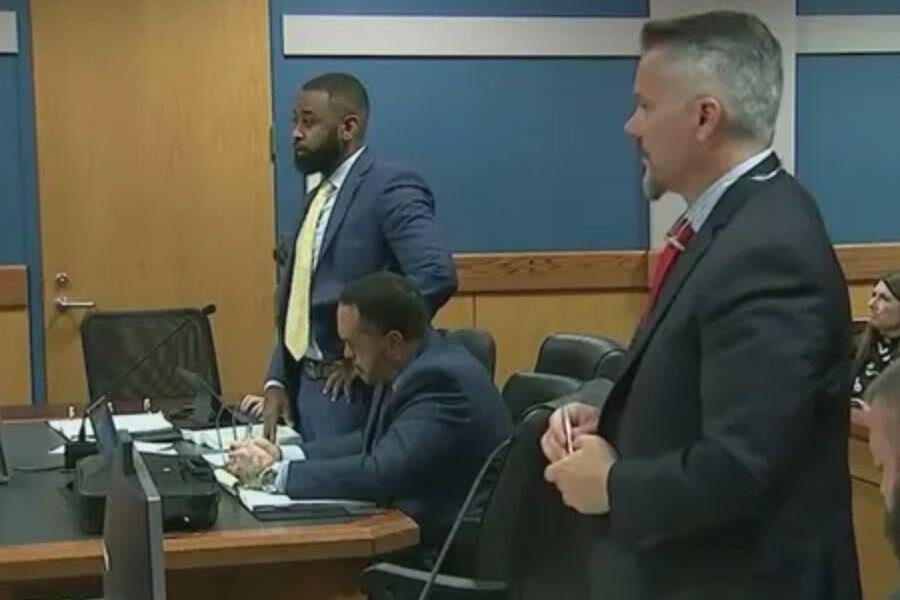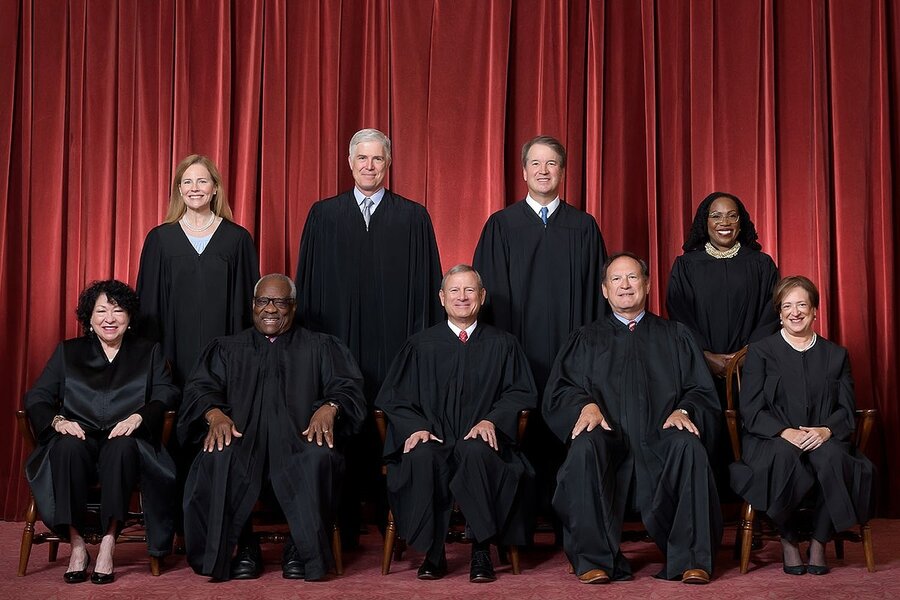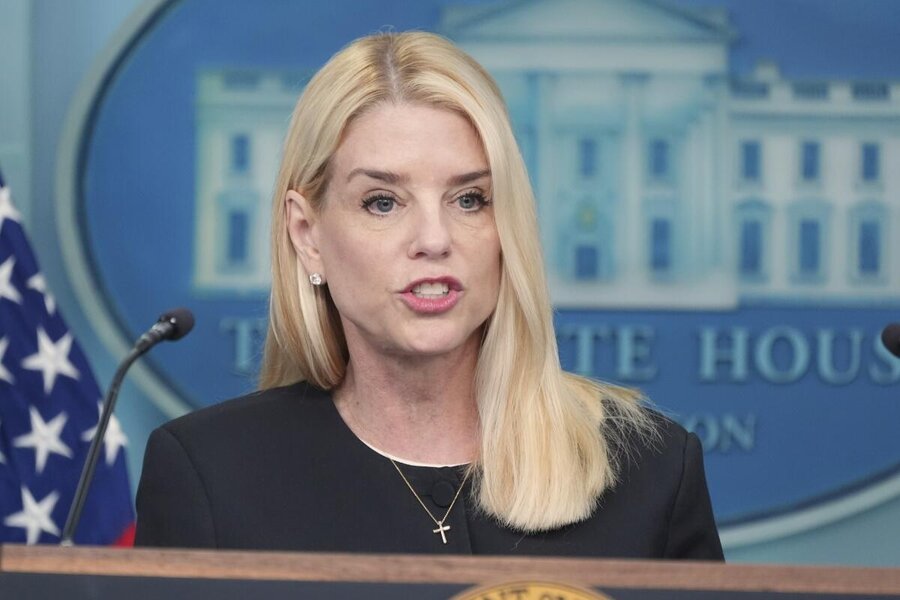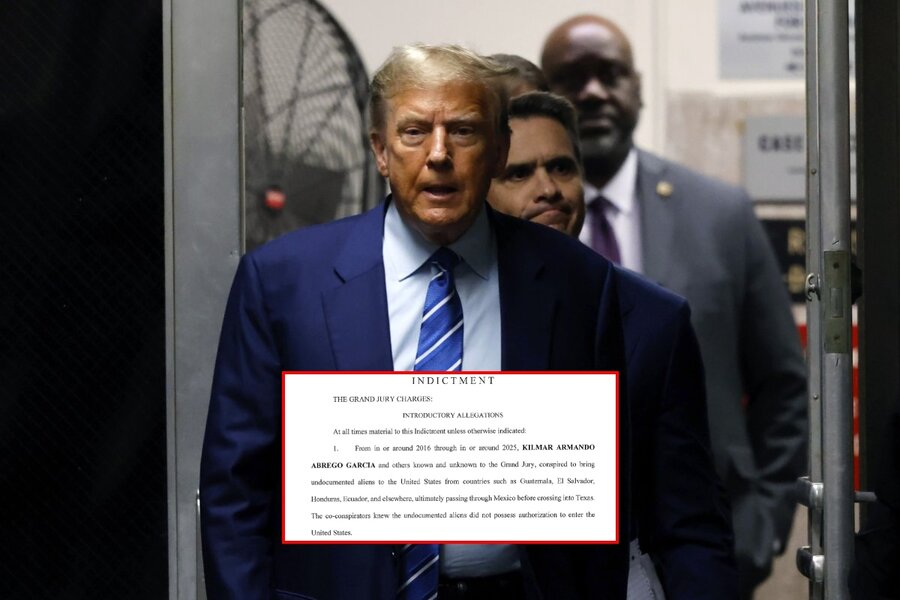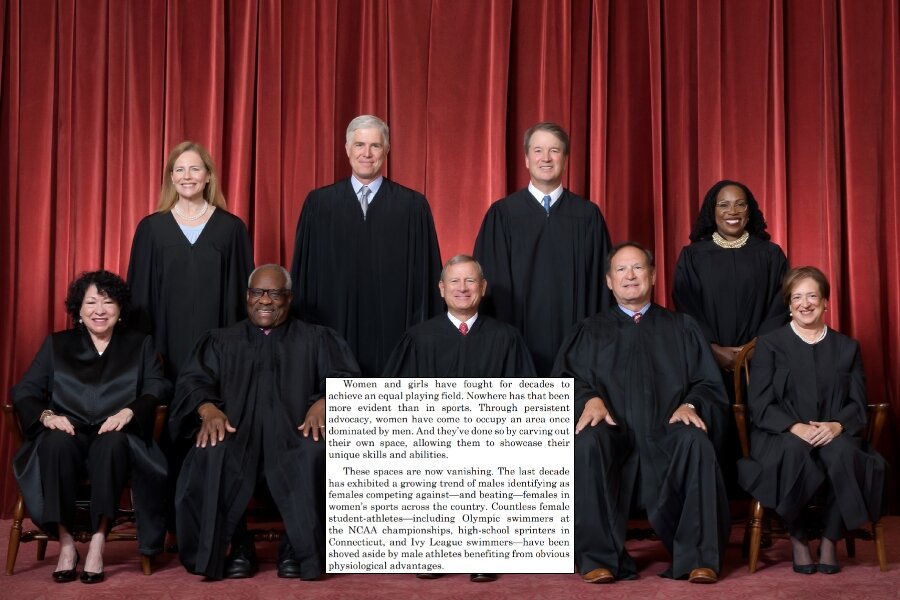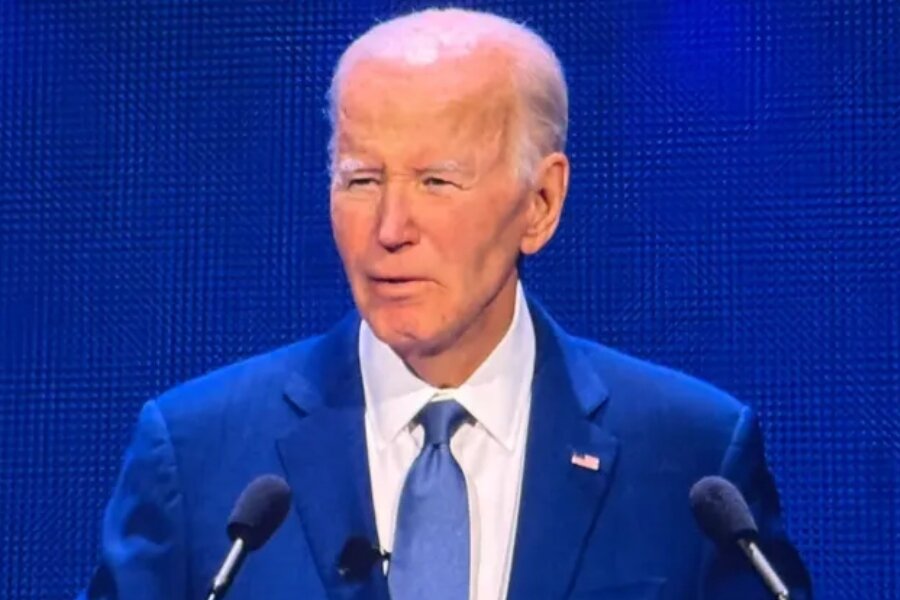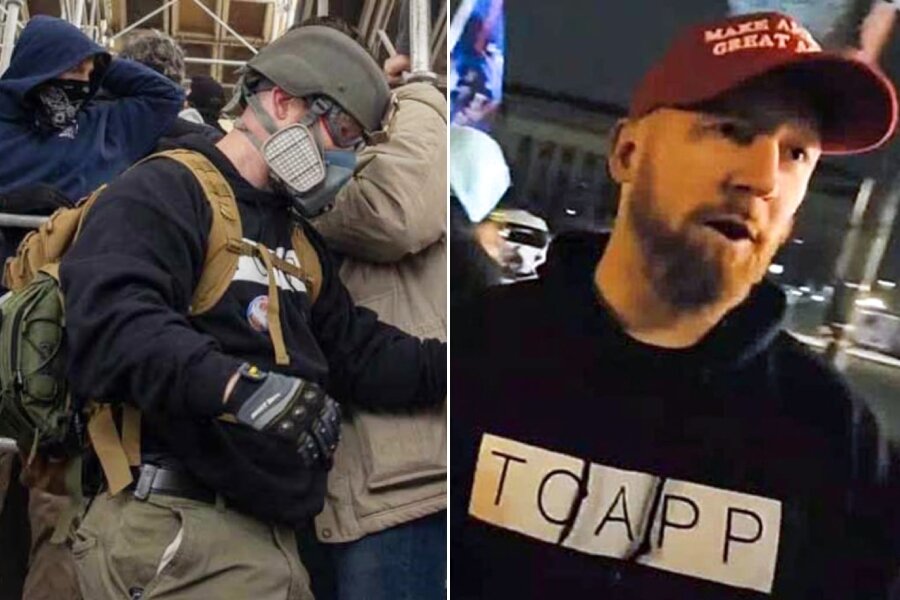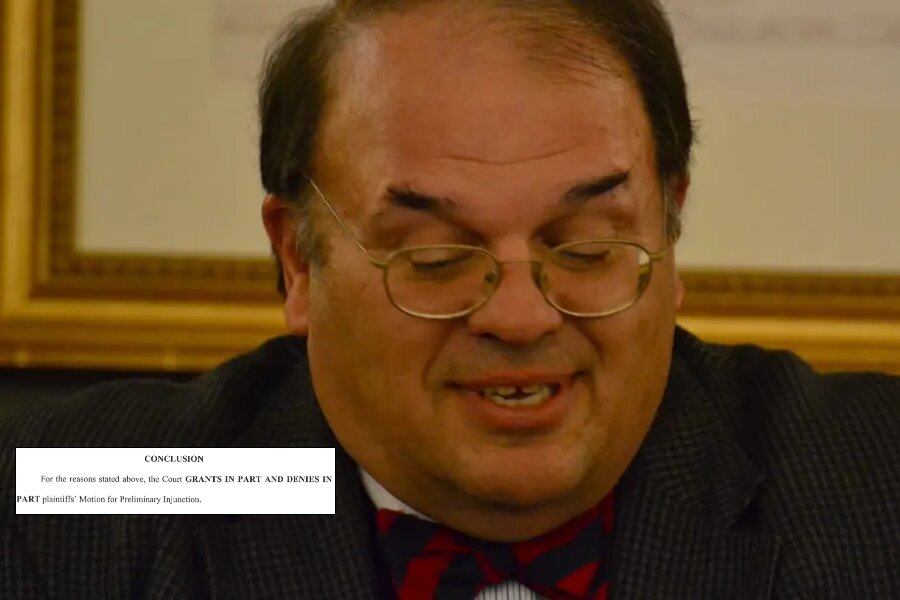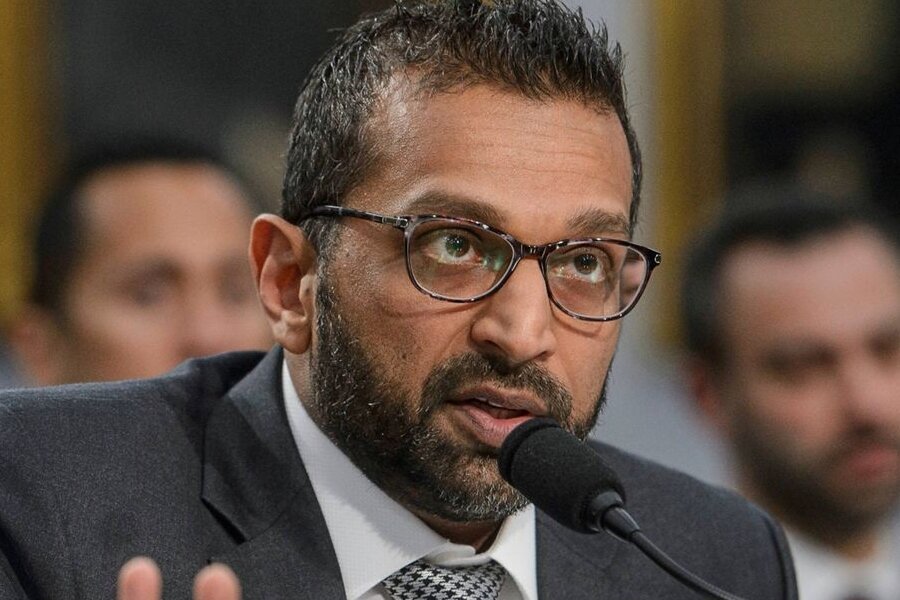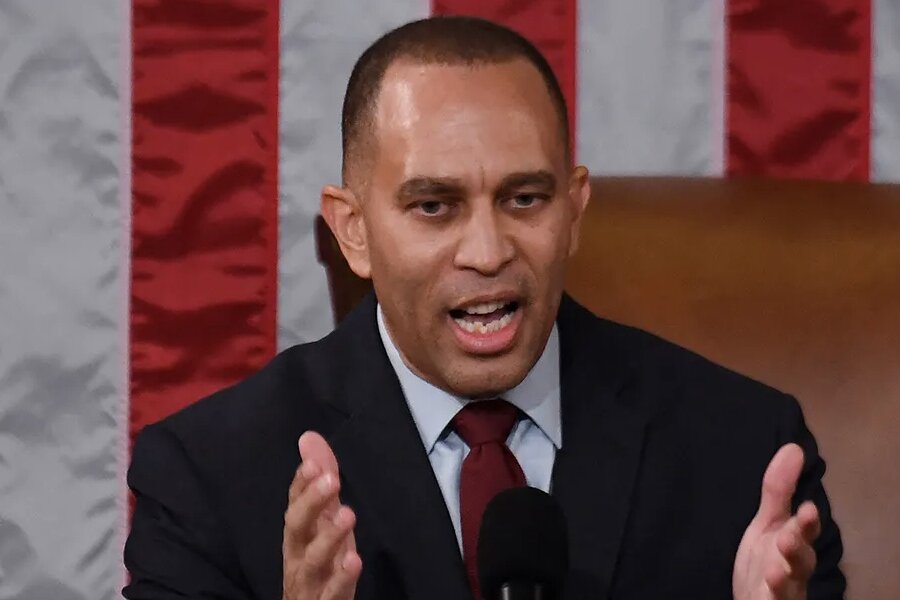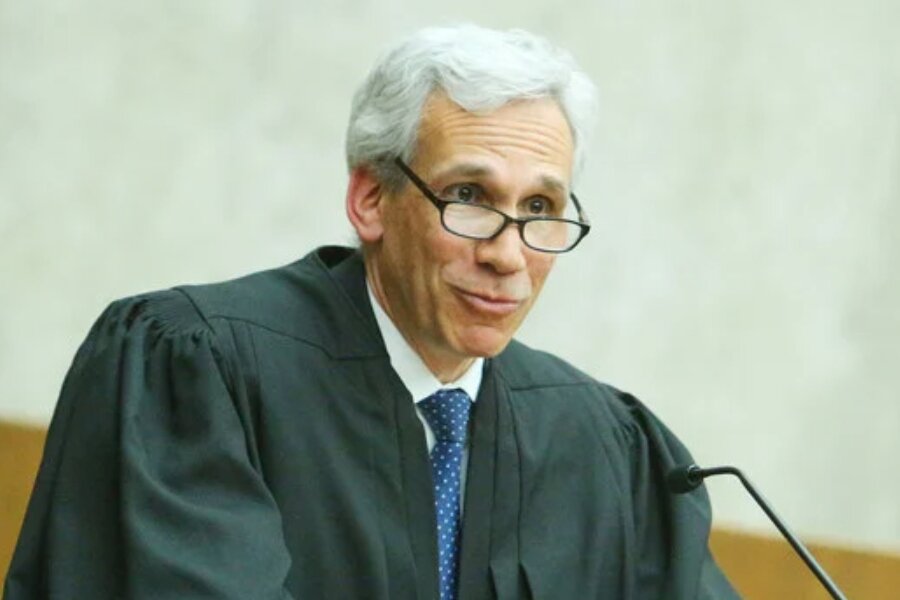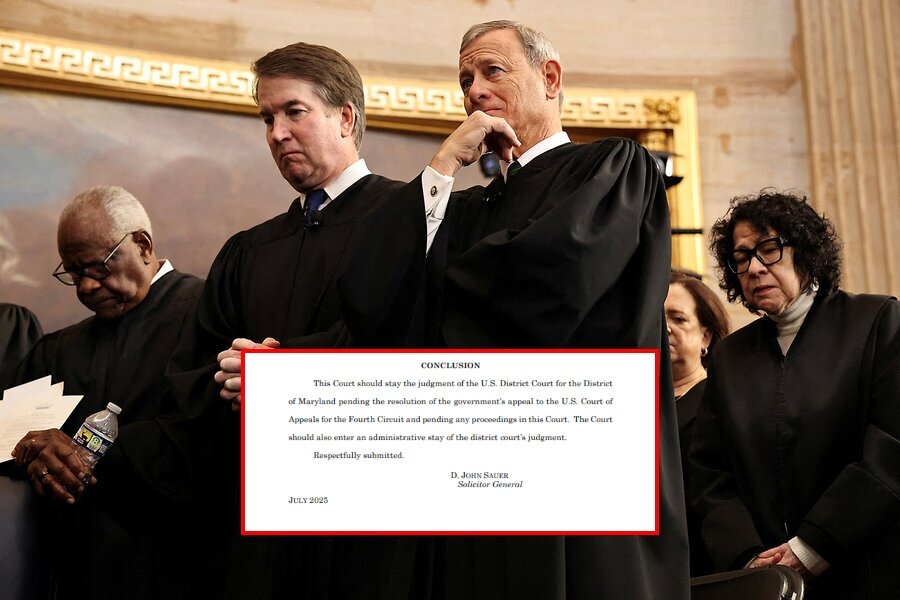Harrison Floyd, the ex-leader of Black Voices for Trump, plans to demonstrate his innocence in the allegations of involvement in an election subversion scheme in Fulton County, Georgia.
His lawyers believe the state of Georgia has proof of his innocence and that former President Donald Trump won the state’s 2020 election.
On August 14, Mr. Floyd found himself facing charges along with the 45th president and 17 other co-defendants. These charges include violating Georgia’s Racketeer Influenced and Corrupt Organizations (RICO) Act, conspiring to solicit false statements and documents, and attempting to influence witnesses.
Out of all the defendants, he was the sole defendant who spent time in jail following the indictment, and he was subsequently granted release on bail on August 30.
“Your Honor, this case isn’t about whether you or I think that Donald Trump lost the election. It’s about what Mr. Floyd believed at the time,” noted Chris Kachouroff, one of Mr. Floyd’s defense attorneys, at a Nov. 3 hearing before Judge Scott McAfee.
“It’s also [about] what the false statements are alleged to have been, and indeed, are they really false,” he said.
The judge scheduled the hearing in reaction to requests to invalidate three extensive subpoenas that Mr. Floyd’s legal team had issued to the offices of Georgia Secretary of State Brad Raffensperger, the Fulton County Clerk of Courts, and the Fulton County Board of Elections.
The attorneys asked for a range of materials, such as ballot images and envelopes for all absentee ballots in the 2020 general election, application forms for absentee ballots, reports from the Dominion voting machines, laptops, poll pads used by election workers, and various other documents, files, and drives.
The attorneys also requested all records and recordings related to the post-election investigation conducted by the secretary of state regarding claims of election fraud.
“The state chose to open this door,” Mr. Kachouroff said.
“It is a broad and sweeping complaint. They opened the door wide open for us to walk in and ask for these things,” he added.
Attorney Jackson Sharmon III, representing Mr. Raffensperger’s office, contended that the extensive range of materials requested by the defense would impose an “undue burden” on an entity that isn’t even a party in the case.
Contesting the subpoena before the judge, Mr. Sharmon said the requested documents contain “little, if anything,” relevant to Mr. Floyd’s defense.
“If the purpose is state of mind, his intent, the documents we would produce—which he didn’t know about, he didn’t have—are not going to have any effect on the determination of his intent at the time he allegedly undertook the acts that are in the indictment.”
Mr. Sharmon also challenged the defense’s argument that establishing President Trump’s election victory would automatically eliminate the possibility of Mr. Floyd having criminal intent.
“With all due respect, I don’t think that’s the case,” he said. “That’s not the way intent, in a criminal case, is adjudicated.”
Meanwhile, attorneys for Fulton County said it could take months to produce the requested materials. And in terms of relevance, they pointed to Mr. Kachouroff’s admission that he could argue his client’s innocence even without the requested materials as evidence they weren’t needed.
But for Mr. Kachouroff, the state’s arguments didn’t negate his client’s right to those materials.
“Harrison Floyd is looking at between eight and 33 years. That’s his liberty interest. Courts take liberty interest very seriously so that liberty interest overcomes any burden the state has to be set back by a month or two or three.”
By the end of the hearing, the three subpoenas were reduced to two as it was revealed that the Board of Elections did not possess any of the requested materials, which are held by the Clerk of Courts.
The judge, expressing concern over the potential disclosure of voters’ personally identifiable information, said more information was needed to determine what exactly was being requested, the extent of the state’s burden in producing it, and whether a protective order was needed.
Share your thoughts by scrolling down to leave a comment.

